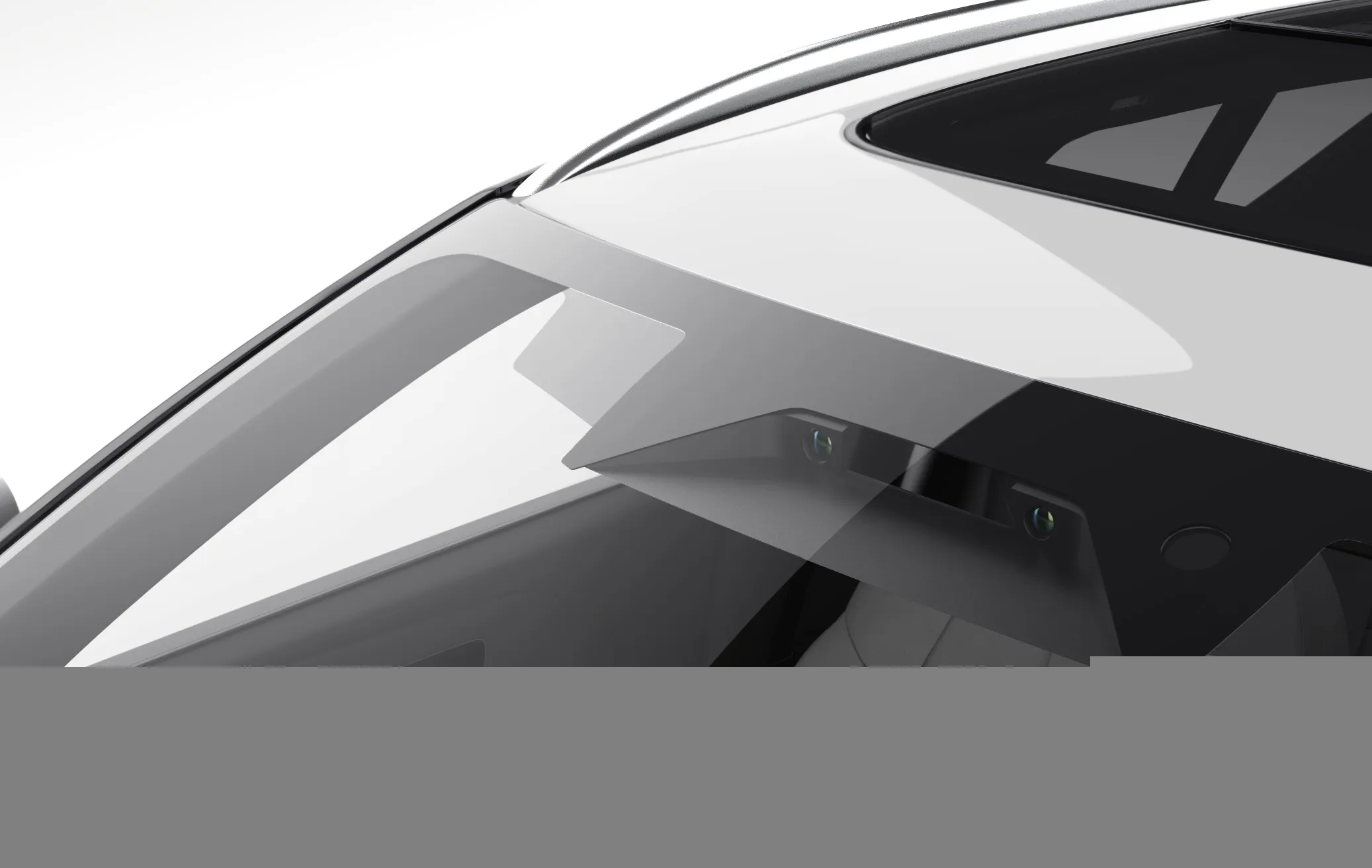Optis has teamed up with
The Optis simulation solutions are leveraged to virtually recreate cameras and Lidar operations on autonomous cars and simulate their use in real life scenarios, enabling safer and more cost-effective virtual tests of Lidar systems developed with LeddarCore ICs.
LeddarTech’s advanced optical sensing technology compliments Optis’s Speos and VRX simulation capabilities. Through real material measurements, Optis can validate the Lidar model and simulate the correct response in real-time through a virtual closed loop simulation with automated driving functions.
Michael Poulin, LeddarTech's Automotive Solutions General Manager, said: "With the accelerated development pace of autonomous driving capabilities and the ongoing race to commercialize mass-market solutions on production vehicles, any solution that optimizes the development and integration cycles of new technologies adds significant value. Optis's optical simulation tools play a huge role in giving a head start to OEMs and Tier-1 suppliers developing with the LeddarCore ICs. By providing an autonomous vehicle simulator that makes the same decisions as a real-world connected vehicle, the tool helps to eliminate costly and risky real-world tests of new Lidar systems and contribute to reducing their time-to-market."
Optis and LeddarTech partner on virtual testing of Lidar Systems
Optis has teamed up with LeddarTech to enable the industrial simulation of advanced Lidar solutions and enhance the design process of smart and autonomous vehicles. It will allow transportation companies to virtually test and integrate their next generation of Lidar developed around the LeddarCore integrated circuit (IC) before its actual release. The Optis simulation solutions are leveraged to virtually recreate cameras and Lidar operations on autonomous cars and simulate their use in real life scenarios
January 11, 2018
Read time: 2 mins










